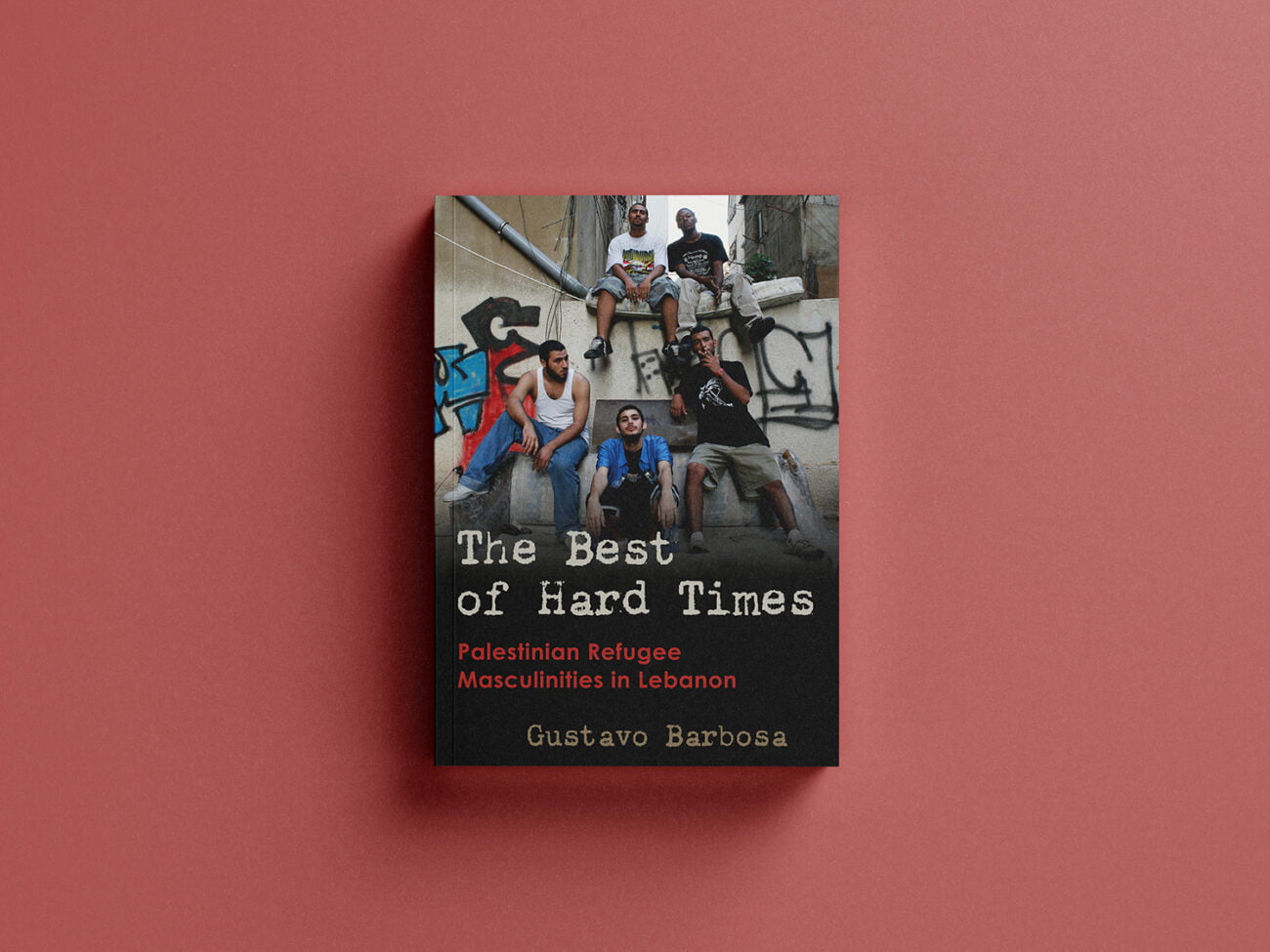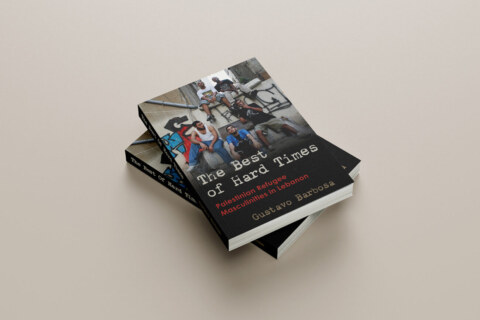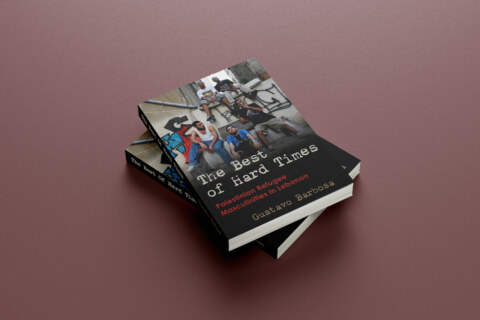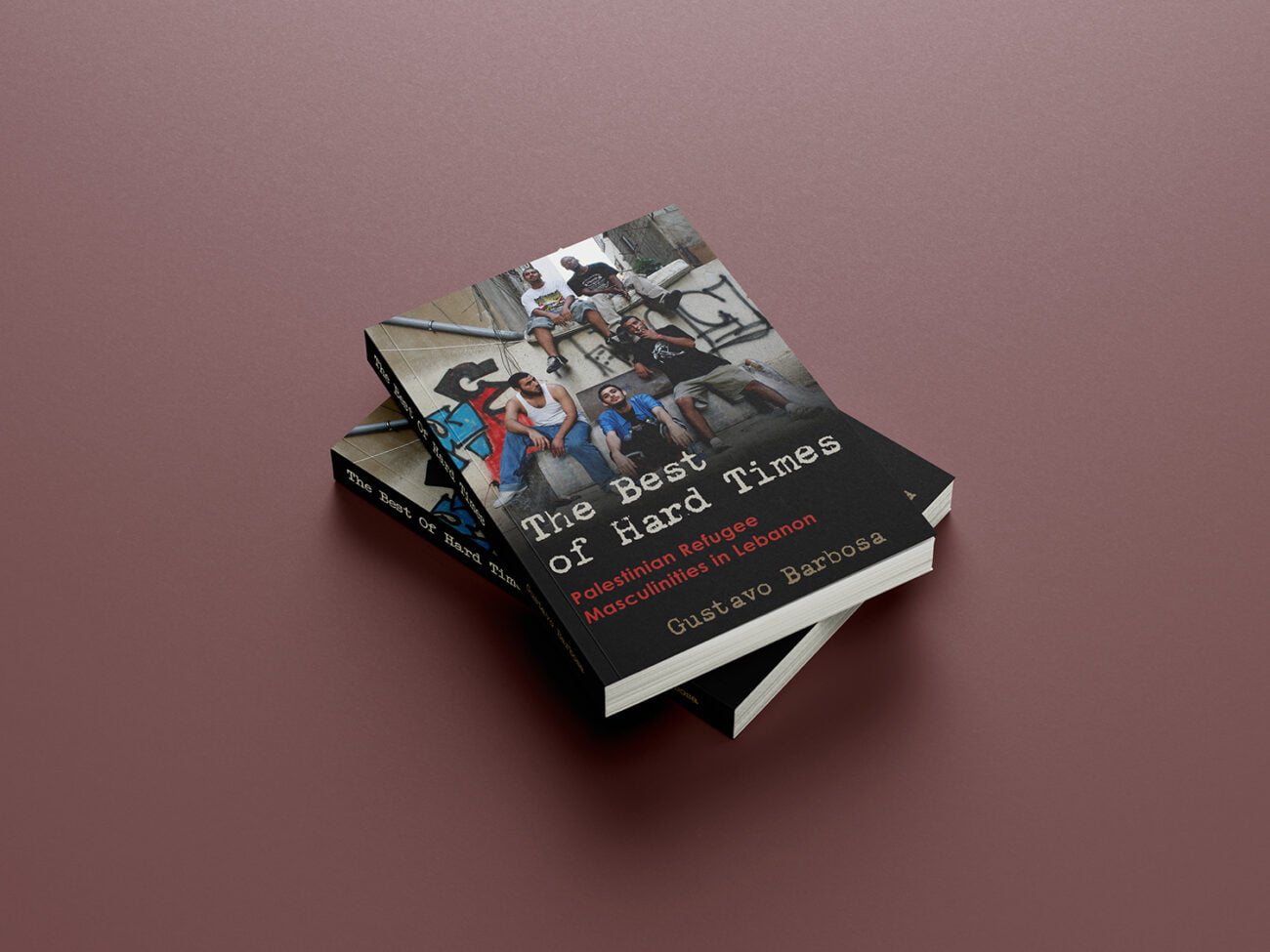Interview with Jadaliyya, on 16 February 2022.
Gustavo Barbosa, author of ‘The Best of Hard Times’, discusses the Shabab, the offspring of the Fedayeen – and how the two generations' ideals differ
Jadaliyya (J): What made you write this book?
Gustavo Barbosa (GB): I guess a book is the momentary and complex coalescence of various motivations: personal and academic, intermingling, sometimes conflicting, always disturbing and demanding to be expressed. My first contact with Shatila, the Palestinian refugee camp on the outskirts of Beirut where I lived for one year and conducted research, dates back to my teenage years. I wanted to be a journalist and pressed my parents to subscribe to Brazil’s leading news magazine. Having anxiously awaited the first issue, when it arrived the cover was a photo from the Sabra and Shatila massacre of 1982. That photo is still vivid in my memory.
Later as an adult, I worked for a short while in Tel Aviv, where I asked a Brazilian friend of Palestinian origin to arrange for me to visit Gaza. She did so. Gaza was a punch to my stomach. Gaza is unacceptable: we only live with it because of the effort to make it invisible. In a sense, I am still stuck in Gaza. And I had to do something to come to terms with this fact.
During my doctoral work, I knew I wanted to conduct research among Palestinians. When I started visiting Shatila, before moving there, and as I got to know the shabāb, the lads from the camp, it became obvious to me that I wanted to write something about them. As men with no economic or political-military power, the shabāb are often made invisible by both the feminist literature and the literature on Palestinian nationalism. Yet they very much deserve to be heard, including when they sing. One of the chapters of my book is precisely dedicated to their rap music.





